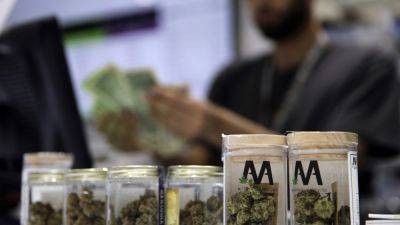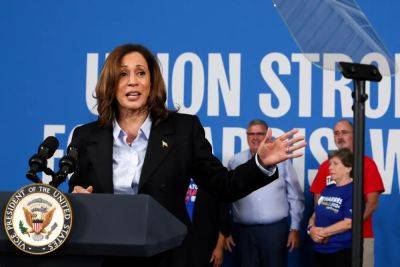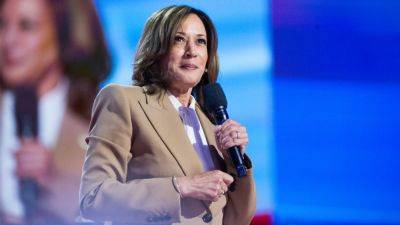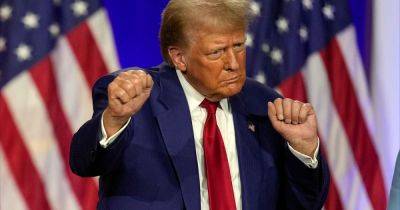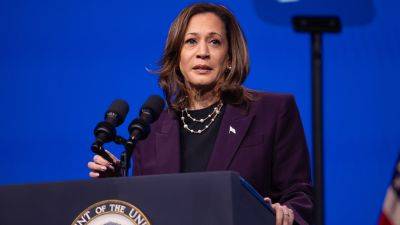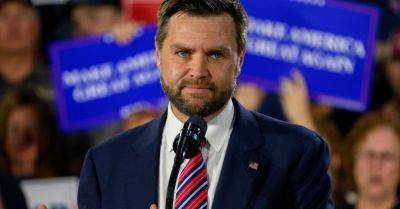Major Policy Decision On Marijuana Won't Come Until After Presidential Election
WASHINGTON (AP) — A decision on whether to reclassify marijuana as a less dangerous drug in the U.S. won’t come until after the November presidential election, a timeline that raises the chances it could be a potent political issue in the closely contested race.
The U.S. Drug Enforcement Administration last week set a hearing date to take comment on the proposed historic change in federal drug policy for Dec. 2.
The hearing date means a final decision could well come in the next administration. While it’s possible it could precede the end of President Joe Biden’s term, issuing it before Inauguration Day “would be pretty expedited,” said cannabis lawyer Brian Vicente.
That could put a new spotlight on the presidential candidates’ positions on marijuana. Vice President Kamala Harris has backed decriminalizing the drug and said it’s “absurd” to have it in the DEA’s Schedule I category alongside heroin and LSD. The Democratic nominee’s position has shifted over the years; she once oversaw the enforcement of cannabis laws and opposed legalized recreational use for adults in California while running for attorney general in 2010.
Former President Donald Trump, the Republican nominee, signaled support for a Florida legalization measure on Saturday, following earlier comments that he increasingly agrees that people shouldn’t be jailed for the drug now legal in multiple states, “whether that’s a good thing or a bad thing.”
During his run for president in 2016, Trump said that he backed medical marijuana and that pot should be left up to the states. But during his first term, then-Attorney General Jeff Sessions lifted an Obama-era policy that kept federal authorities from cracking down on the pot trade in states where the drug


